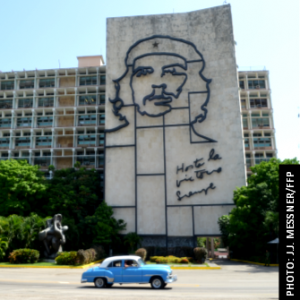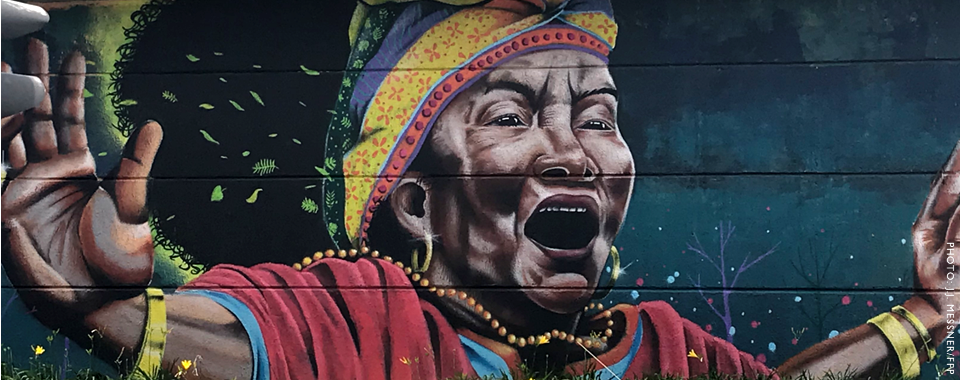BY NATALIE FIERTZ Colombia saw its worst year-on-year change in the history of the Fragile States Index (FSI) in 2020, breaking a trend of almost uninterrupted improvement since the Index’s inauguration. The 2016 peace deal between Revolutionary Armed Forces of Colombia (FARC) and the Colombian government is looking increasingly fragile, with faith in the process […]
Tag Archives: Colombia
And Now for Some Good News: Where the World is Getting Better
- Sunday, 14 May 2017 18:54

BY DANIEL GANZ
The most fragile — and the most worsened — countries tend to attract the most attention in the Fragile States Index (FSI). However, the reality is that the majority of countries are improving based on the FSI’s trends, and a number of countries have made considerable progress in the past decade based on their FSI scores. These examples demonstrate that a long-term commitment to peace and reconciliation, poverty reduction, and economic growth collectively contributes to a government’s legitimization, and ultimately, the stability of its country.
Since his rise to power ten years ago, Cuba’s leader Raul Castro has accomplished more to improve Cuba-U.S. relations, usher in modern technologies, and stimulate its economy than his brother had done in the previous half a century. These incremental changes in Cuba’s political, economic, and social landscapes contributed to the historic events of 2016 that included the US easing trade restrictions to Cuba, diplomatic ties between the EU and Cuba were established, and President Obama became the first sitting U.S. president to visit the country in 88 years.
Colombia Enjoys a Peace Dividend After Half-Century of Conflict
- Sunday, 14 May 2017 18:14

BY CHRISTINA MURPHY
Colombia captured international headlines and accolades in 2016 when the government signed a peace deal with the Revolutionary Armed Forces of Colombia (FARC). This victory for President Juan Manuel Santos’ government marked the beginning of the end for one of the world’s longest running civil wars. Although the deal was narrowly rejected by Colombian voters in October 2016, the Colombian Congress approved a revised deal in November.
The conflict between the Colombian government, the FARC, and other guerilla and paramilitary groups has taken a devastating toll on Colombia over the past half-century. More than 220,000 people were killed between 1958 and 2012, mainly civilians, and more than 7 million people have been displaced by the conflict. Estimates suggest that the conflict also cost the country billions in lost economic growth.
While the agreement was a major win for the country in 2016, it comes on the heels of a much longer trajectory of improving governance and legitimacy in Colombia. In fact, Colombia has been steadily improving every year since the FSI began, from a total score of 91.8 and ranking of 27 in 2006, to being ranked 69th in 2017 with a score of 78.9.
